When you are standing in the center of pain so deep it takes your breath away, positive thinking isn’t enough.
Shoulder-to shoulder with a reality that you thought you could never accept, you can’t pretend that everything is okay.
And wishing doesn’t make it so.
This is a time for real healing.
Not real like a “Does this look genuine enough?” instagram selfie.
Gut-level, actual healing. The kind where your heart starts to unclench, and you can breathe again.
The kind that you could only imagine happening if you could magically hit rewind in your life and go backwards to the time before all of this.
Fortunately, there is a way to move forward into healing. And it might not be what you expect.
The Scientific Principle You Need to Understand in Order to Heal
The pain is here. You can’t ignore it, any more than you could ignore an elephant in the middle of your living room.
This pain is taking up space in your life that used to feel free and open. It’s crowding out other people and things. It’s pushing against all the wrong places, and breaking parts of you in its relentless, ungainly progression.
So how do you move an unwelcome elephant out of your home?
You could scream at it—wave your arms and stomp your feet.
Of course, spooking an animal that powerful is never a great idea. Fighting makes it much more dangerous.
Perhaps you could tranquilize it. But then you would be left with the challenge of dragging 12,000 pounds of comatose elephant out your front door.
Or, you could make friends with it.
Newton’s third law of motion could be summed up by the words, “Force creates resistance.” This principle isn’t just true of physics. It’s true of relationships.
Have you become resistant, (either internally or externally), because someone approached you too forcefully? Of course. It happens all the time.
Most importantly, it happens when you are fighting emotional pain.
Even though you hate the way things are, even though you are sick of hurting, fighting the pain isn’t the answer. Fighting creates resistance. It makes healing harder.
Want to get better? It’s time to make friends with your pain.
What it Looks Like to Make Friends with Your Pain
Before my husband died, we often asked each other, “Why do you love me?”
It wasn’t so much that either us needed reassurance that we were cared for, or even that we expected a new or different answer. We were both fascinated by the way that love works.
I could list all the many qualities I admired about Don, but none of them were the reason I loved him. I saw his flaws and his potential, but my connection to him was so much more than strengths minus shortcomings.
You can love someone despite their imperfections. You can love someone and be angry at them. You can love someone and wonder why.
Now that he’s gone, that’s the kind of relationship I’m developing with grief.
Not that I’m comparing life-altering pain with how I felt about the love of my life.
No, it’s more like the relationship you have with that one friend or family member who you aren’t sure you want to spend time with. The quirky one who drives you crazy, but also teaches you things. Like patience.
This grief is the Donkey to my Shrek.
It’s the companion that never leaves, no matter how many times I ask, plead, or yell. It doesn’t listen to my reasons or my timeline. It is relentlessly present, wandering my home without permission, keeping me awake when I would rather sleep, whispering in my ear when I long for silence.
But somewhere along the way, amidst all my anger and sadness and exhaustion, there began to be moments when I listened to pain instead of yelling at it. There were times when we sat together quietly.
And that’s when I realized that our conflict was all on my side. That this unwelcome, persistent friend was here to teach me.
How Pain Teaches You
We all know that joy is in the moment. That too much worrying about the past or the future keeps you in your head and out of life. But knowing that can remain an intellectual exercise when you’re dealing with small, everyday kinds of pain.
Small pain is the kind of friend who texts, but doesn’t follow up if you don’t answer. The friend who is glad to see you when you show up to work, but wouldn’t come but your house to check on you if you didn’t.
Soul-crushing, overwhelming pain is the kind of friend who gives you no option. The kind who will pin you down and sit on your chest until you finally say uncle. Except the pain is waiting for you to say something else.
Okay, okay. I will.
I will live relentlessly in the present. I will seek out everyday pleasures. I will notice the sunset and the light that filters through leaves in the trees. I will absorb beauty.
I will bring kindness. I will notice the peace that comes from loving a houseplant, an animal, a person. And I will choose to live moment-by-moment in a place of love.
I will notice the joy that comes from caring from my body. From exercising. From eating well. And I will start to care for myself deliberately, being present with each movement I make and each bite that I eat.
I will choose to let go of resentment and bitterness. Because with this pain sitting on my chest, I can’t take in enough air to breathe otherwise. There is no room in my life anymore for unforgiveness.
Force creates resistance. And the force of this pain against your soul is trying to show you that as broken as you feel, some little part inside really does want to live. That part of you is pushing back against despair and anger and the sloppy everyday habits that used to let you live beneath your potential.
This pain is determined to help you become your best self.
More Things Pain Wants to Teach You
Pain will teach you that you are strong. You are no victim.
You will learn that beauty and richness come from a full experience of life.
My husband Don and I lived our love story all the way to the end. And when nights blurred into days into nights in his dim hospital room, when he reminded me in a shaky voice slurred by morphine, “You were my everything. I love you,” the pain I felt was a part of our everything.
And it’s okay.
It is for you too. Whatever the details of your story, it’s okay.
This pain. This beauty. This joy.
You can hold space in your heart for the deepest sadness and the deepest joy. You don’t have to flinch from anything life might offer you.
And you are brave enough and strong enough to stand with others in their journey too.
What Healing From Pain Looks Like
It’s impossible for some experiences to leave you unchanged.
A pain that is big enough will never let you go back to your old life, your old self. Your only choice is what that change will look like.
You can choose to become bitter. To shut down from people and life and love. You can slowly smother your own spirit in resentment.
Or you can lash out, even at people and things that have nothing to do with your story.
But when you refuse the invitation to learn, pain becomes louder, more forceful, more persistent. It makes something hard many times worse.
Or you can stop fighting the pain.
Sit with it.
Listen to it.
Try to understand the messages it is sending you.
There will be truths about yourself, about other people.
There will be realizations about what matters to you. What you really want in life, and what dreams you didn’t know you had.
And when you do that, a funny thing happens.
You heal.
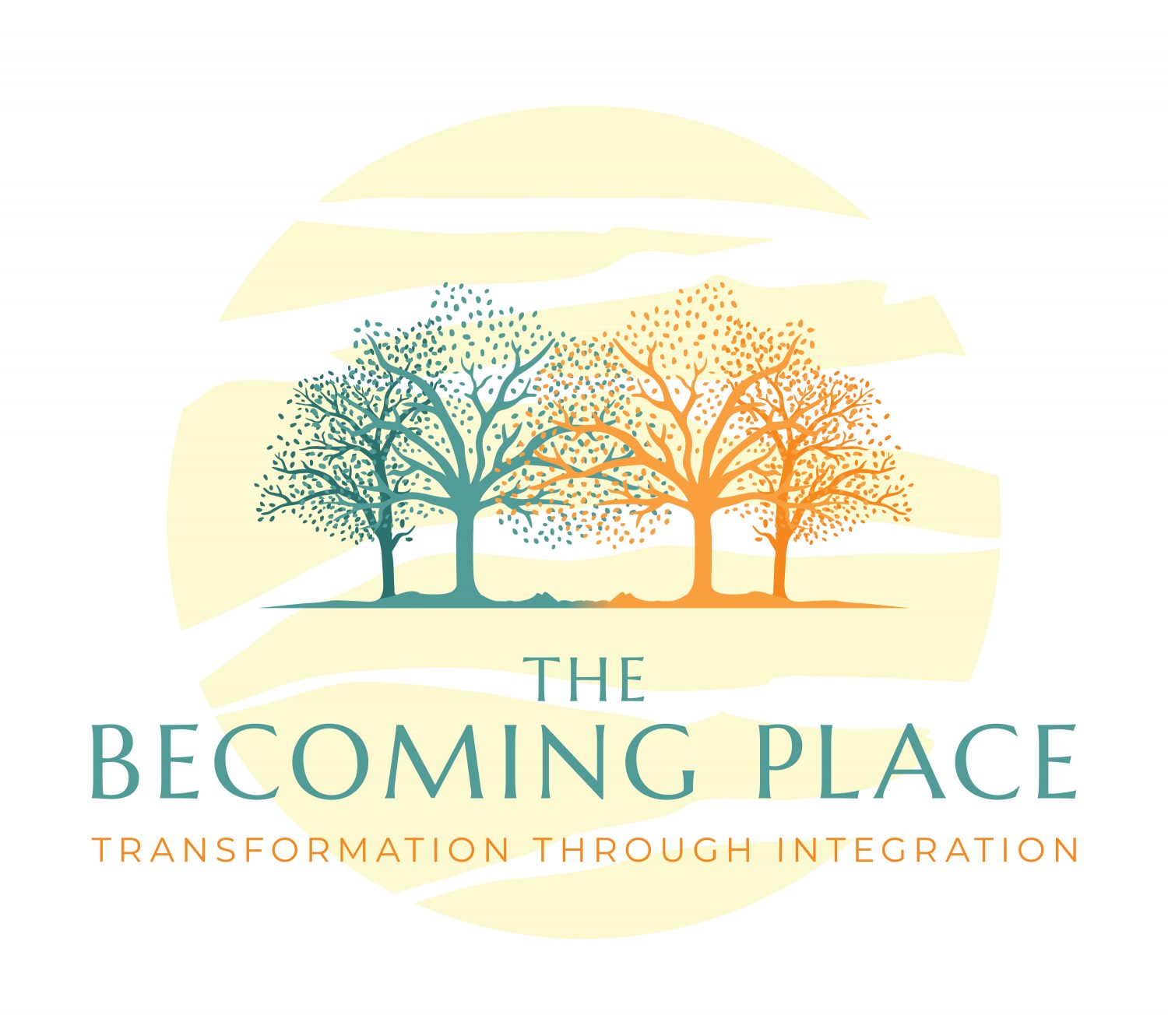
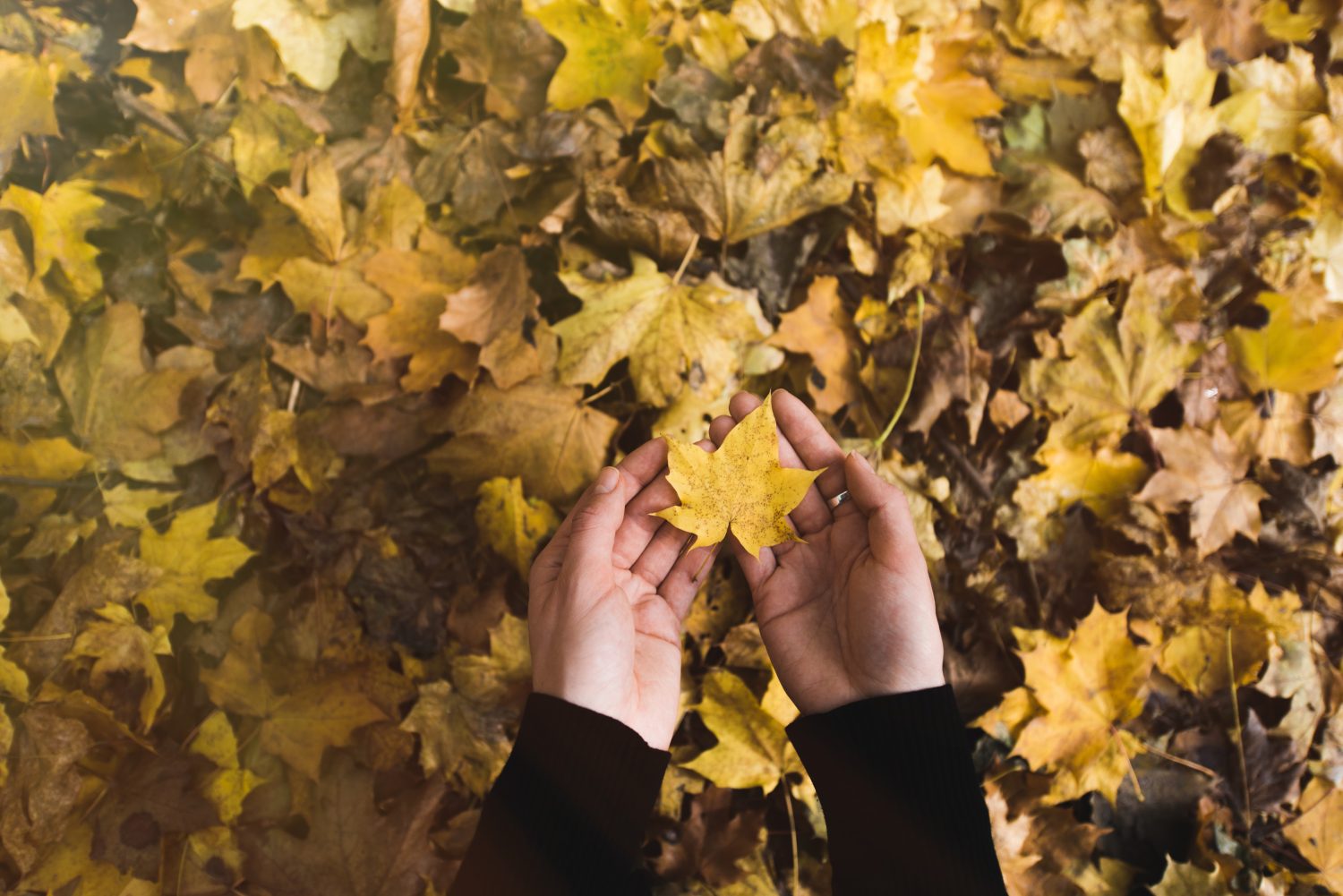

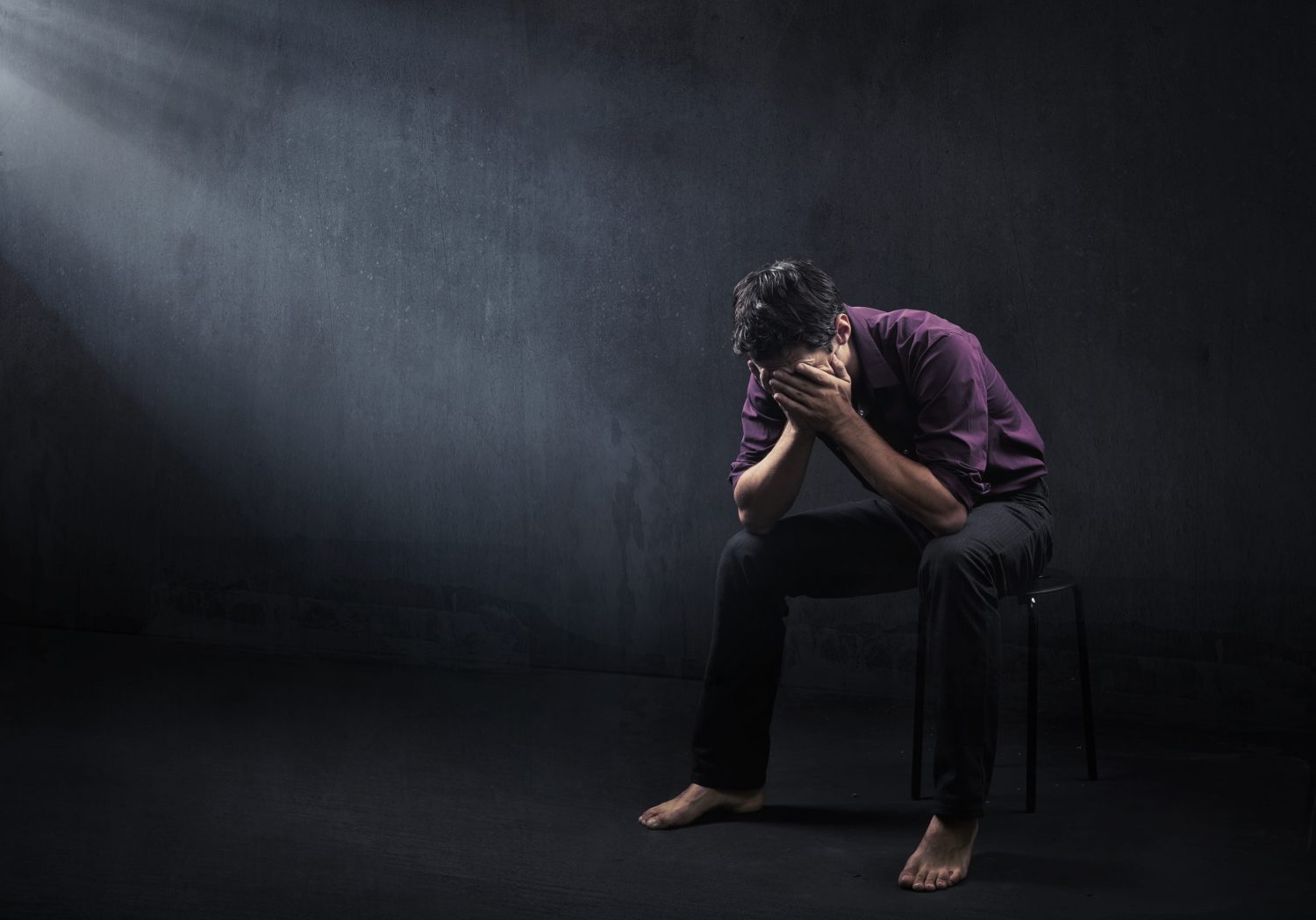

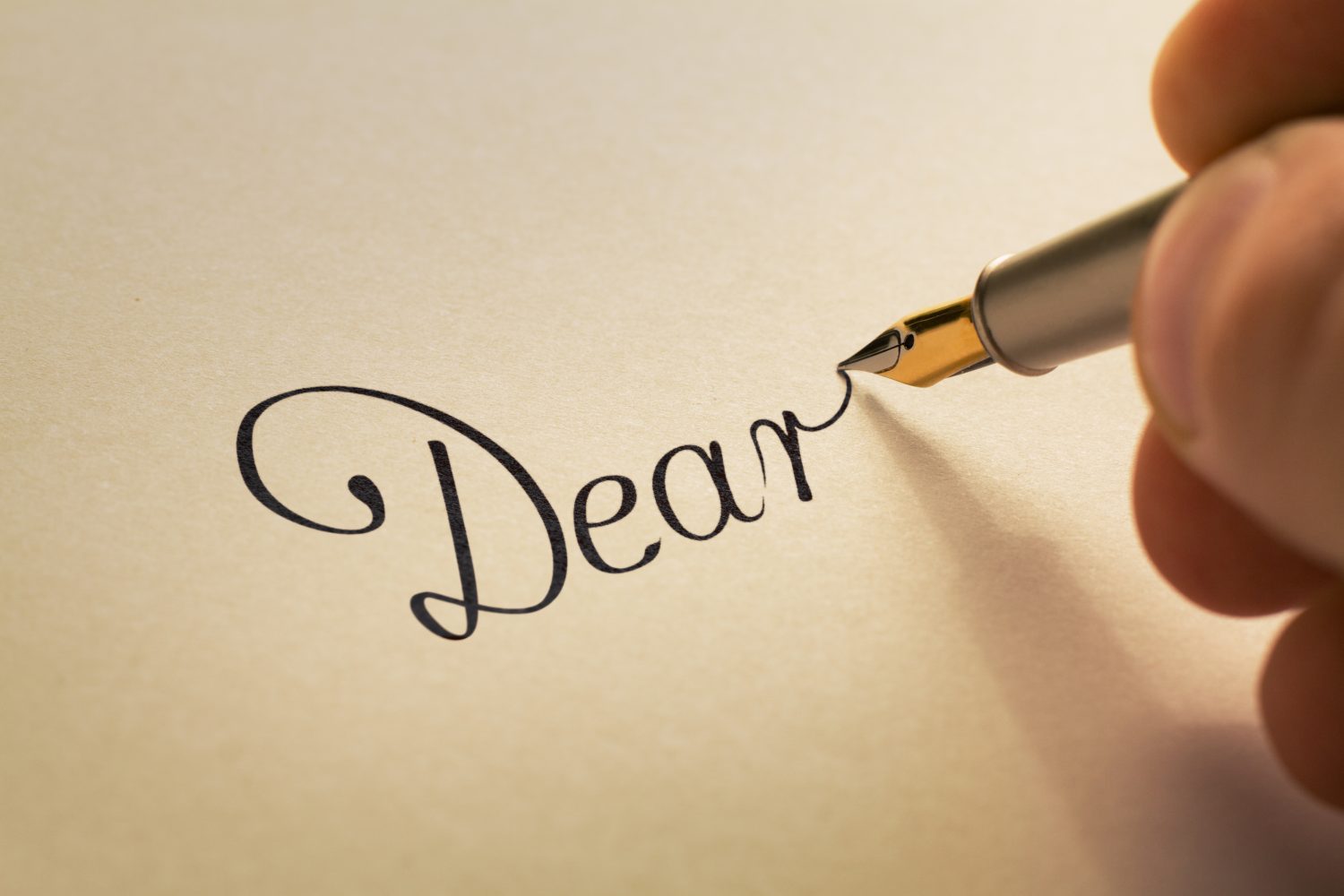
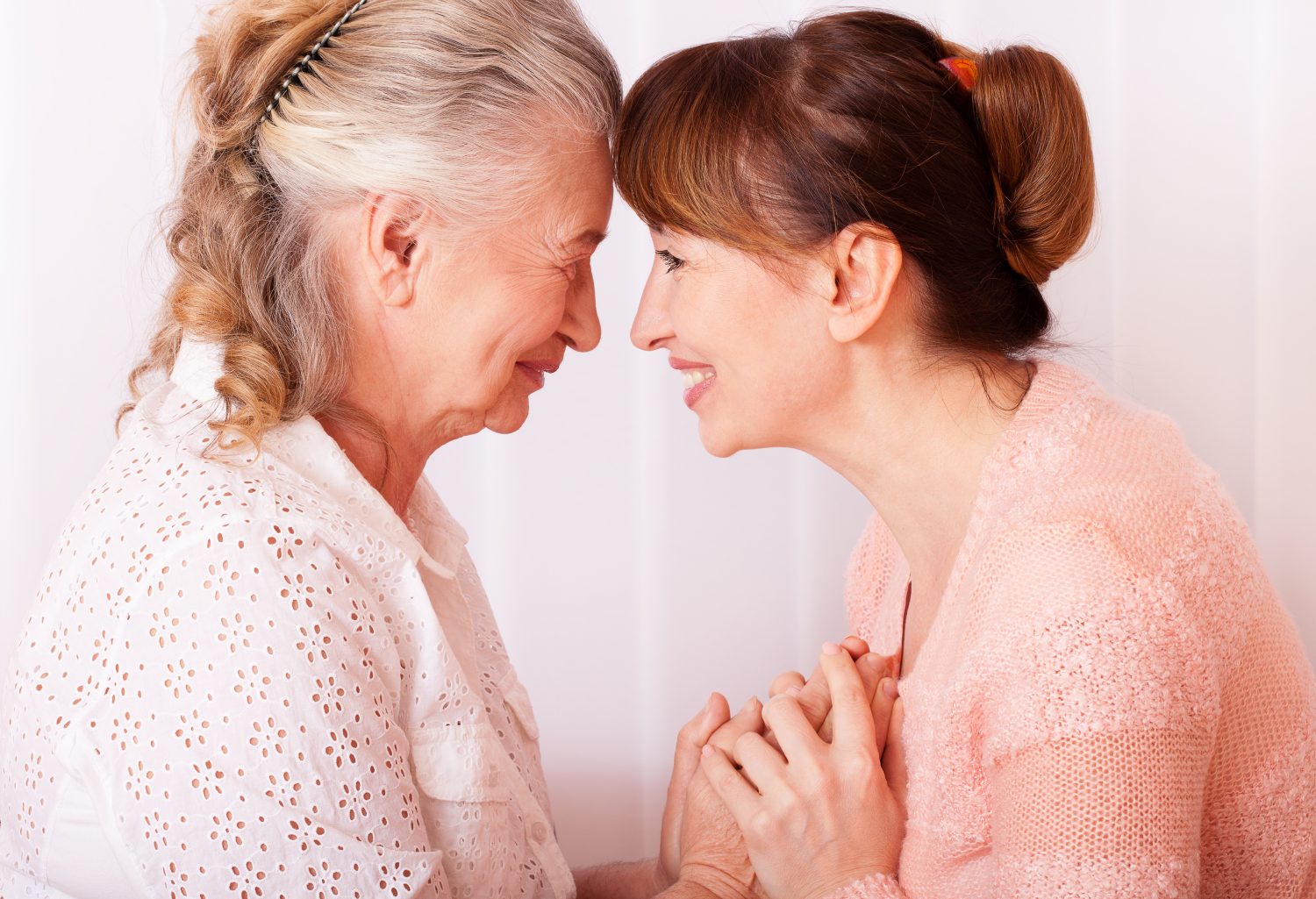





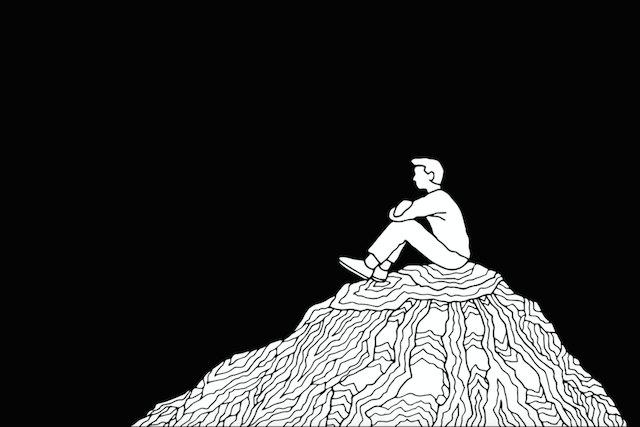



















6 thoughts on “When You are Hurting: How to Really Heal”
Again Angie, you are such an inspiration. The hard part for me has been those closest to me encouraging me to seek professional counseling as I was beginning to learn to sit with the pain. A mere 2 months after my husbands death.
I realize that their seeing my grief—right and raw, was not as important as their comfort. Just where they were in life.
Been a real journey for me and those who choose to “be positive” no matter what. They seemed to ignore what I was facing. I realize I was a warrior, and I did not want to back down from what the real battle looked like. Best, Diane
You are beautiful, Diane. Thank you for sharing. Many people in our culture don’t understand what grief looks like or how to heal. Being authentic is a gift, for yourself and for them.
Last year my beautiful and talented 30 year daughter found out that she has Huntington’s Disease. After reading your article I am beginning to see how angry I am. But, I am also trying to act so strong that I am building a wall between my wife and I.
I know I will have to make friends with this pain because we will be together for many years.
Thanks for the insight!!
My heart is with you and your family as you negotiate the challenges ahead. Thank you for reaching out.
I have just found your site and have been reading through all your posts. They have provided a lot of comfort.
My 3 year old daughter has high risk Acute Myeloid Leukaemia. We have spent 9 out of the last 16 months in hospital whilst she had a huge amount of high dose chemo and a transplant. She relapsed recently and they’ve been struggling to get her back into remission.
The journey is beyond tough.
Thank you for showing me some light in what is a very dark time. ❤️
Sending so much love to you and your precious family, Rebecca. I’m glad my posts have been some small help.